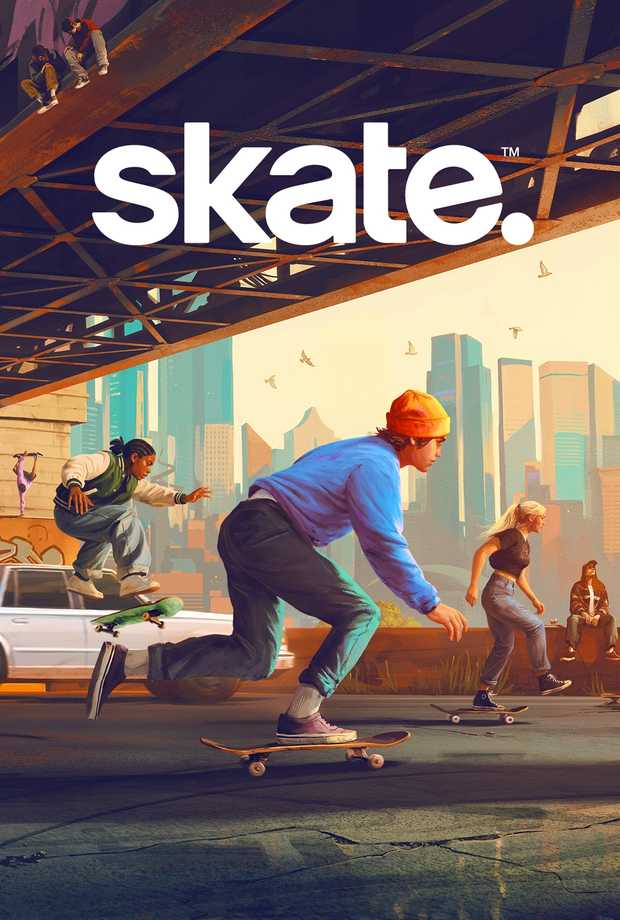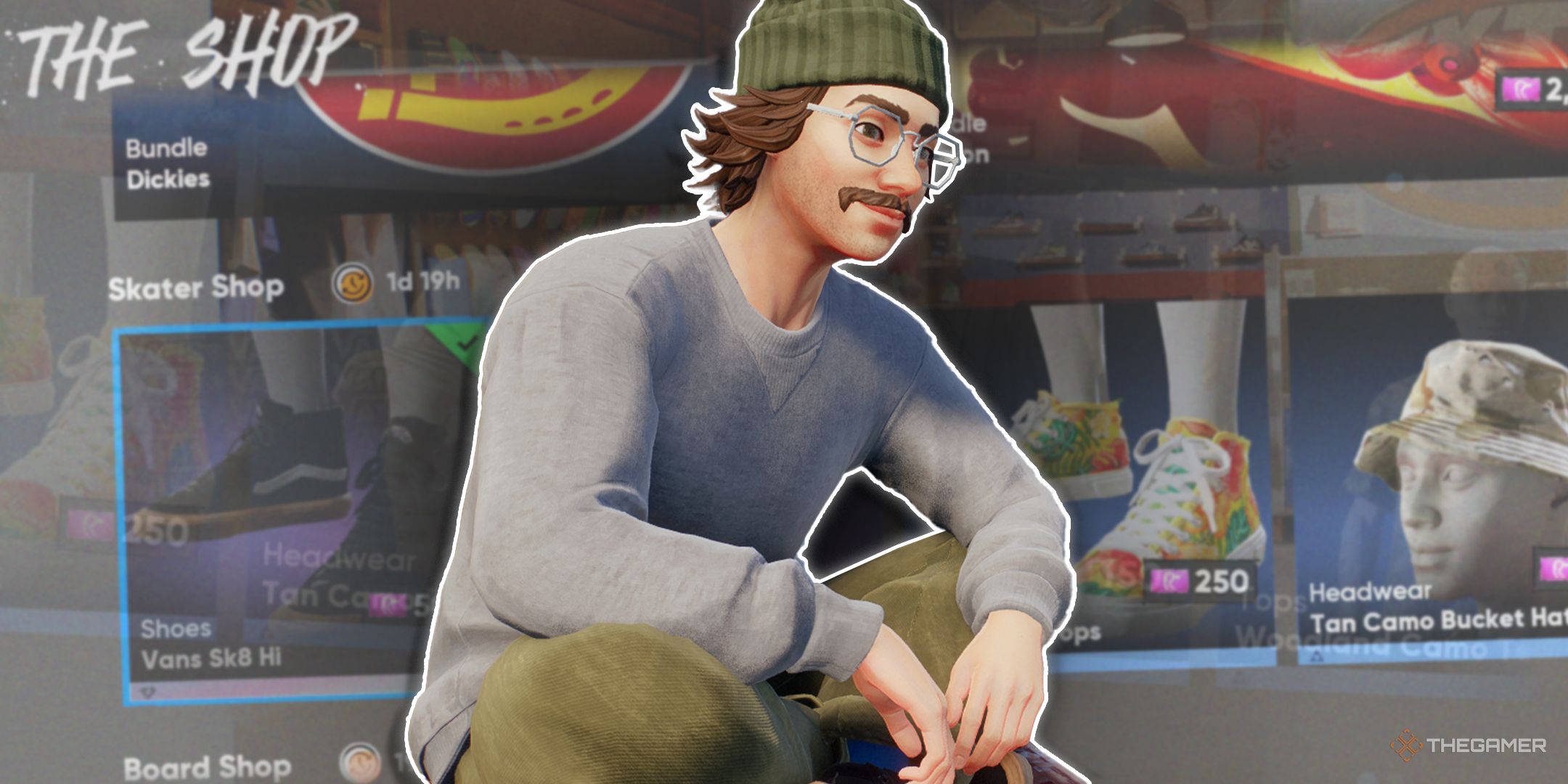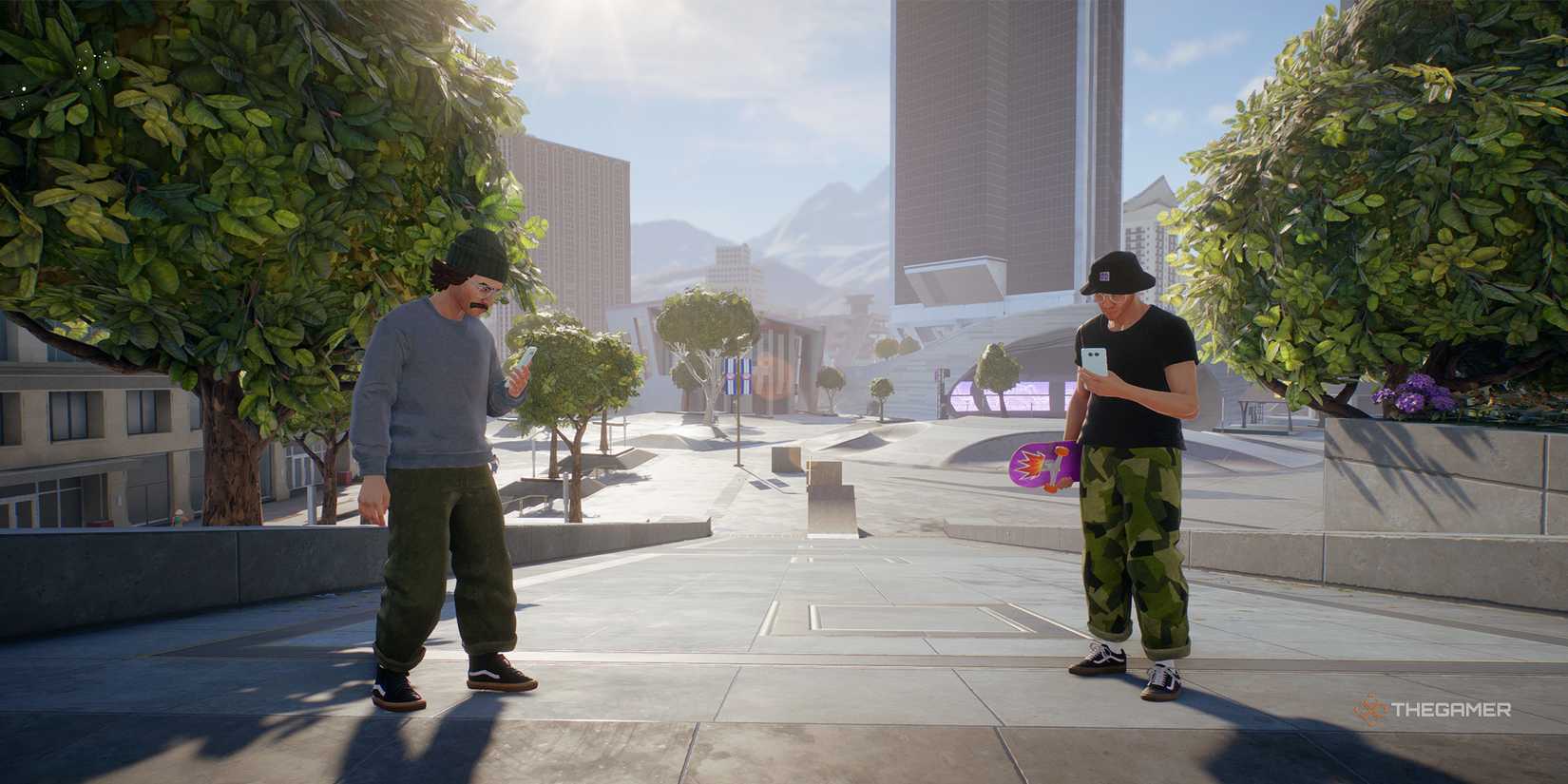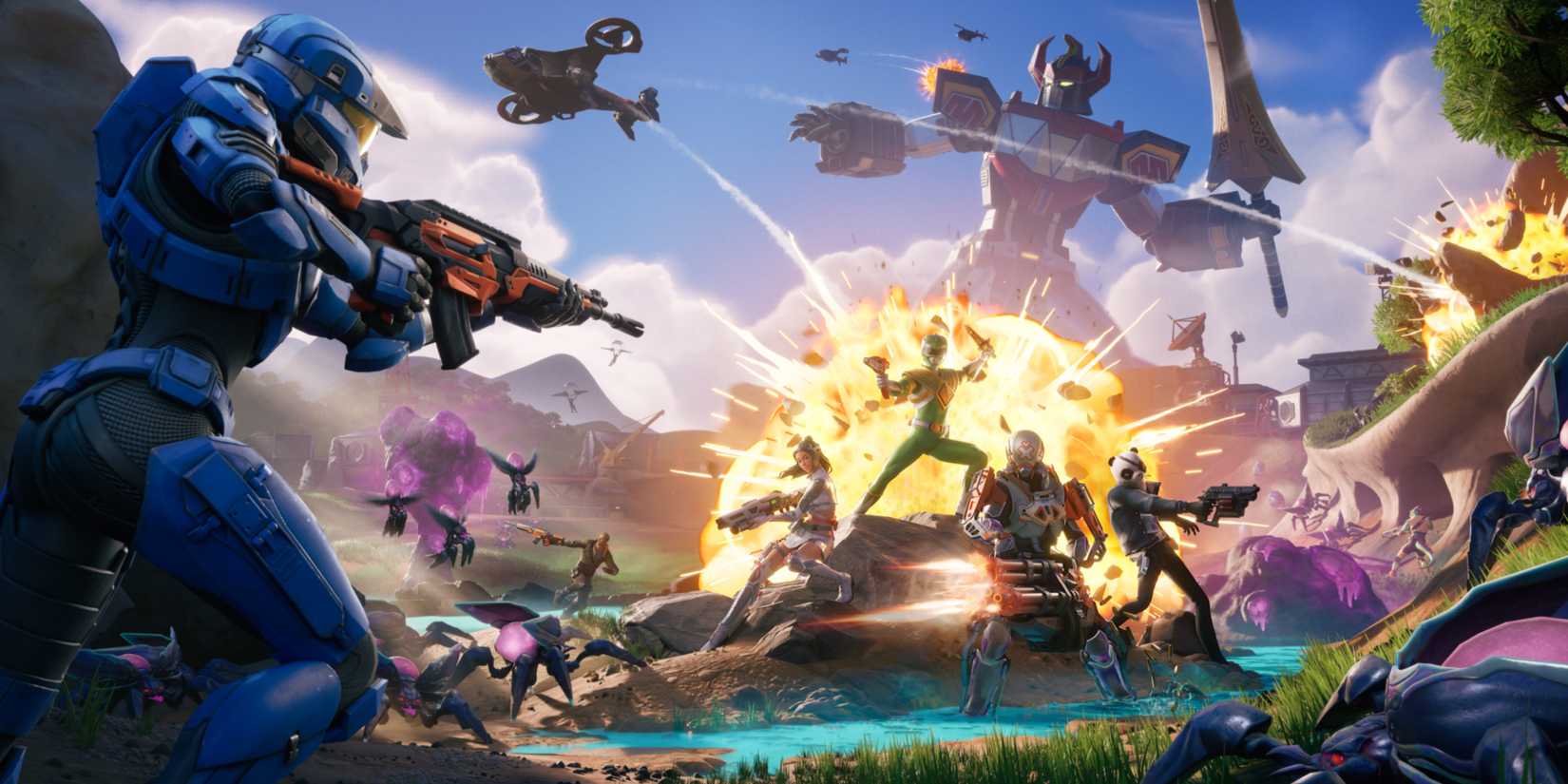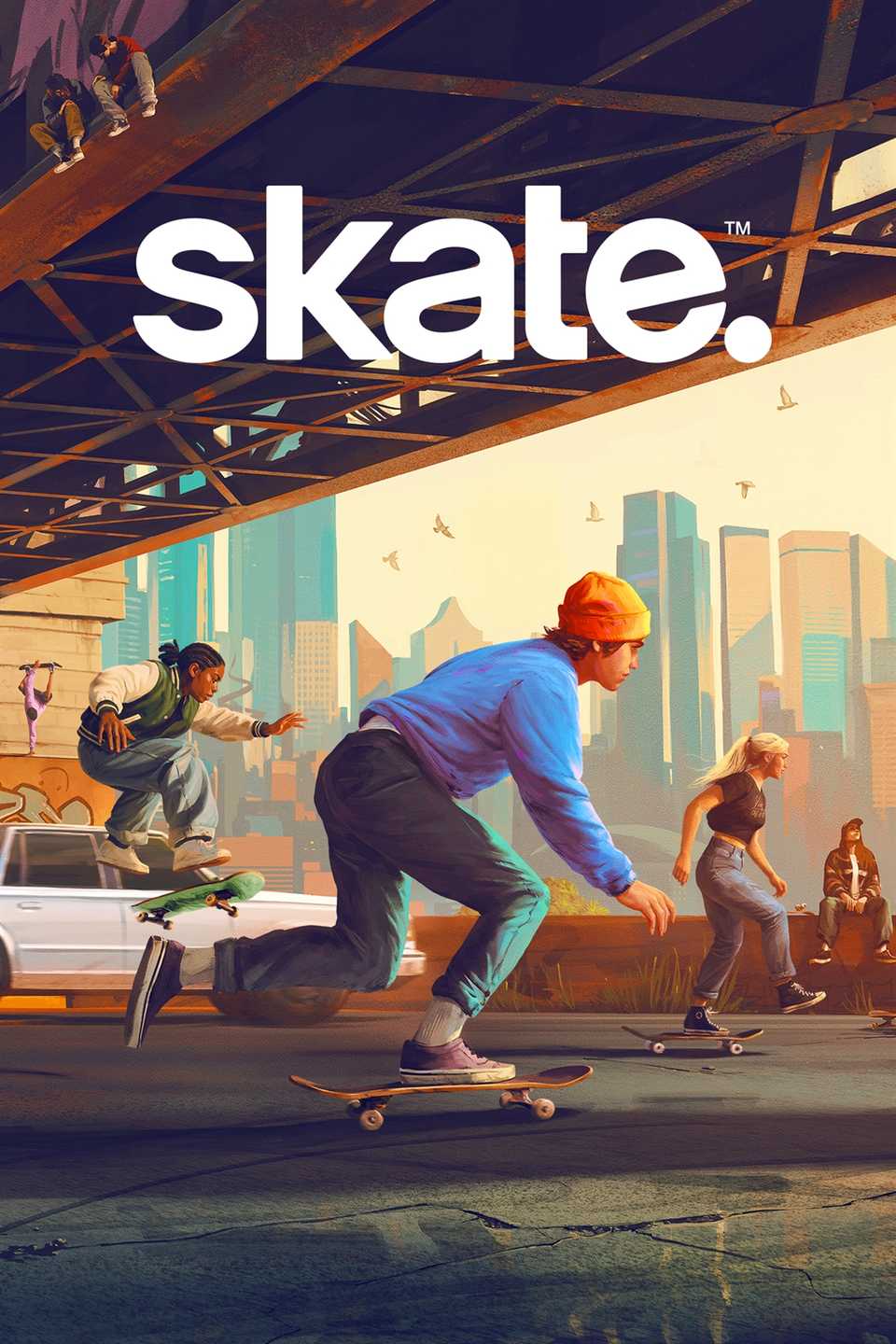Microtransactions. A word that can spark outrage in the hearts of video game fans everywhere, and for the most part, rightly so. Ever since the days of horse armour being added to Oblivion, these smaller, optional purchases have spiralled into a league of their own, with so many iterations and implementations across almost every single genre the medium has to offer.
EA’s Skate, the newest entry in the series, arrives 15 years after Skate 3, and is the latest big game to include microtransactions. It’s been known for some time that this would be the plan, as it adopts a free-to-play live-service model rather than the standalone story structure of its predecessors. Since then, there have been concerns about the game’s overall direction.
However, I’m here to (hopefully) put your mind at ease. I’m not the person who’s going to mindlessly advocate for microtransactions, but I’m also not going to shun games that include them by default. Whether we like it or not, they’re a part of this industry now, so we should only get angry with them where it makes sense to get angry with them.
With the direction Skate is heading, microtransactions serve a purpose outside of just making EA’s pockets bigger.
By Today’s Standards, Skate Is Right To Be Free-To-Play
Full Circle, the studio behind this long-awaited reboot, clearly wants Skate to be around for a long time to come. I’m sure from EA’s point of view, there is greed involved; a boardroom of execs can’t look at the words ‘live-service’ without drooling as dollar signs appear in their eyes. But from the development team’s view, it provides a long-term passion project with job security, and assures that, if successful, Skate will be around for the foreseeable future.
As a series, Skate has always been about community. Back in 2010 and earlier, that vision was executed in different ways, where you’d have to download the Skate Share Pack separately to upload and download player-made parks. Nowadays, though, we have a way to actively bring the community together online, in real-time, and take part in a seamless and ever-evolving world as we play, create, share, and see events come and go.
Making all of this free-to-play is a great way to build that community quickly, right out of the gates. Microtransactions provide monetary success without putting a price tag on the game itself, and as long as enough money is being made to make EA’s boys in suits happy, without being predatory levels of greedy, then the developers will ideally have the freedom to continue working.
Fortnite Does The Same Thing
Fortnite, AKA the biggest live-service game in the world, uses these exact methods to keep itself going. The game is more popular than ever, introducing events bigger than anything it’s ever done, despite being eight years into its lifespan. After all this time, however, fans continue to purchase V-Bucks to buy cool new skins and bundles in the Fortnite Shop. Yet, there’s no outrage about those methods, because it’s functional, and people are happy to do so.
So please, be angry when Ubisoft throws microtransaction bundles in Assassin’s Creed - the series that it has kept deprived of actual multiplayer for over a decade, yet retains its full-priced nature - and don’t turn the gun on Skate. If you’re a fan of the series and have been eagerly waiting those 15 years to see it return, then support it. Even if you’d personally rather not purchase any cosmetics, just play the game F2P, share things with other players, and keep it active.
I don’t have any faith in EA, but I do have faith in the passionate developers at Full Circle, and I’m set on seeing Skate stick around in the same capacity as something like Fortnite, if possible. Microtransactions are a fine grey line, rather than being black and white, and in this case, they're not invasive or predatory - they’re just functional by modern standards. The best hope is that they stay that way, and the game has a healthy life to grow.


